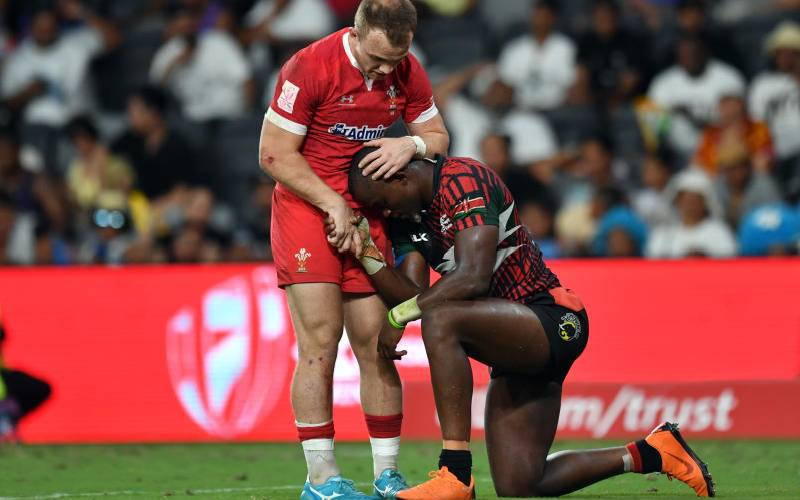×
The Standard e-Paper
Join Thousands of Readers

Though financial struggles in some federations have been well documented, most of the federations have witnessed some unpleasant activities in the recent past, incompetence and mismanagement appear to be literally hurting Kenyan sports.
The current state of rugby can be well equated to former Attorney General Githu Muigai's mortician analogy, national cricket team is now losing to the likes of Bostswana, while hockey, boxing and other disciplines are mostly living in past glory.